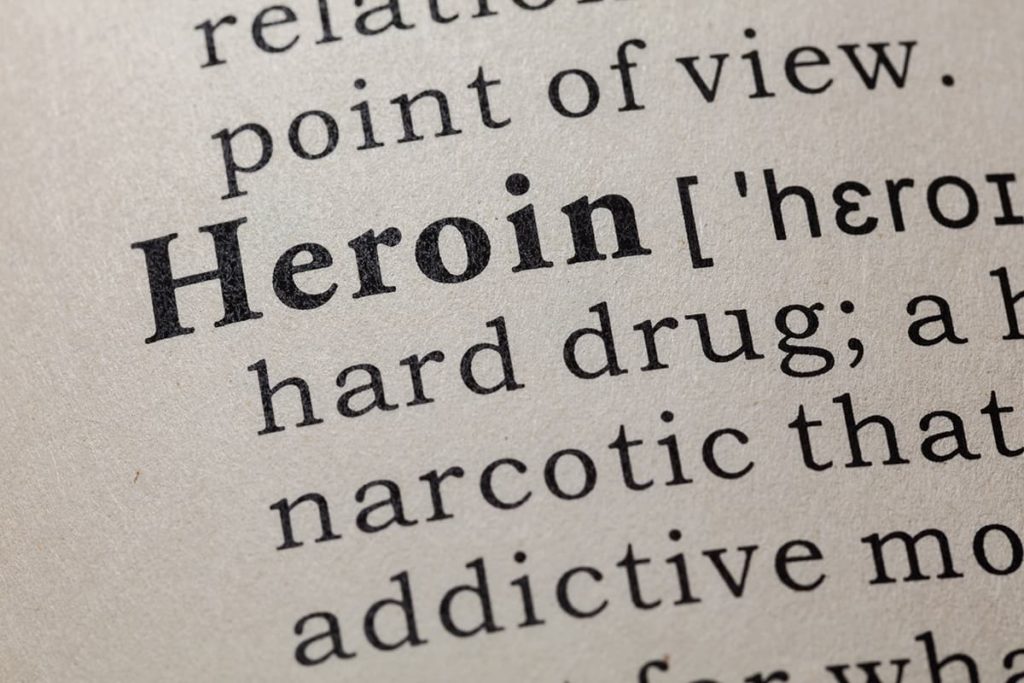Addiction treatment programs are often a necessary resource for individuals struggling with addiction to drugs and alcohol. However, addiction can also develop from other sources, such as prescription medication. One such medication is clonazepam, a benzodiazepine commonly prescribed for anxiety and panic disorders. While effective for many individuals, clonazepam does have addictive potential and can lead to clonazepam addiction.
If you or a loved one is using clonazepam, it is essential to follow your doctor’s instructions and use the medication only as prescribed. If you suspect that you are addicted to clonazepam, seek support from addiction treatment programs like The Ranch. Remember, addiction is a treatable disease, and help is available. Call 1.844.876.7680 today to learn how we can help you live a healthier and more gratifying life.
What Is Clonazepam?
Clonazepam is a benzodiazepine, a class of drugs that act on the central nervous system and have sedative and anxiolytic effects. It is primarily used to treat anxiety disorders, such as generalized anxiety disorder (GAD), panic disorder, and social anxiety disorder. It is also used to treat seizures, as it can help reduce the frequency and intensity of epileptic episodes.
However, clonazepam can be habit-forming, as the body may develop a tolerance to the drug over time. This means that higher doses may be needed to achieve the same therapeutic effect, which can increase the risk of dependence and addiction.
Is Clonazepam Addictive?
Yes, clonazepam is addictive and can lead to dependence and addiction with prolonged use. When someone becomes addicted to clonazepam, their brain has adapted to the presence of the drug and may struggle to function correctly without it. This can lead to intense cravings and withdrawal symptoms when trying to stop using the drug.
In addition to dependence and addiction, clonazepam abuse can have other physical and mental health consequences. These can include drowsiness, confusion, impaired coordination, memory problems, and respiratory depression. Overdose is also a risk, mainly when clonazepam is used with other drugs or alcohol.
Treatment for Clonazepam Addiction
If you or a loved one is struggling with clonazepam addiction, it is essential to seek professional help. Addiction treatment programs, such as those offered at The Ranch, can provide comprehensive care and support for individuals in recovery.
One standard treatment approach for clonazepam addiction is medication-assisted treatment (MAT), which combines medications, such as buprenorphine or methadone, with behavioral therapies and counseling. This can help manage withdrawal symptoms and reduce cravings while also addressing the underlying issues contributing to addiction.
Therapy and counseling can also play a critical role in clonazepam addiction treatment. This may include individual therapy, family therapy, group therapy, and specialized therapies, such as cognitive behavioral therapy (CBT), dialectical behavioral therapy (DBT), and trauma-focused therapies.
Comprehensive Support
In addition to these treatment approaches, aftercare and ongoing support can help individuals maintain their sobriety and prevent relapse. This can include alumni programs, sober living homes, support groups, and individual counseling.
At The Ranch, we understand the complexities of addiction and the importance of personalized care and treatment. Our addiction treatment programs are designed to address the unique needs of each individual in recovery with evidence-based therapies, holistic approaches, and compassionate support.
Call The Ranch to Take the First Step Toward Recovery Today
If you or a loved one is struggling with clonazepam addiction, it is essential to get help as soon as possible. The Ranch can provide the resources and support needed to overcome addiction and build a foundation for lasting recovery.
Contact us today at 1.844.876.7680 or through our web portal to learn more about our addiction treatment programs and how we can help you or your loved one start the journey toward recovery.




